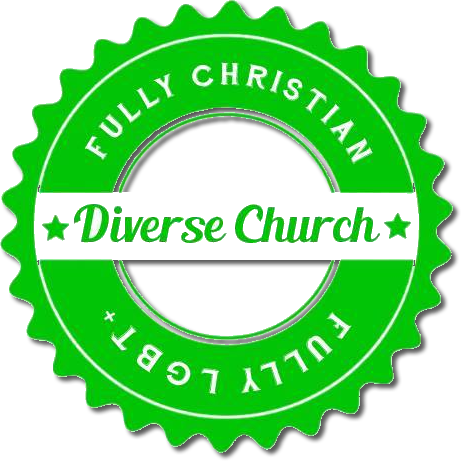Christmas for those who navigate manipulative relationships.
he country where my family has lived for the past five years is very big on knowing where you’re from and being confident in who you are.
Whenever people gather or someone is officially welcomed in Aotearoa/New Zealand, we are invited to give our pepeha(introduction) and share our own story.
For Maori, the indigenous people, this involves telling the story of our tupuna (ancestors) and our whenua (literally the land that our ancestors came from) – and it’s a powerful experience.
We traditionally greet each other to establish whether someone is friend or foe, and we explain the story of how we got here: the story empathically does not start with ourselves - your pepeha will include your people's mountain, your river, your waka or mode of transport (how you physically travelled to the land in the first place) and your Whakapapa - your ancestors that you can name.
We acknowledge and honour the places and the people that have formed us, so we can confidently begin to establish ourselves in a new community, place of study or workplace.
At the very beginning of Matthew’s Gospel, the writer firmly establishes Jesus’ whakapapa: who he is in the line of his tupuna David, which helps Matthew explain who Jesus is and why he has come.
In the gospels we read of how Jesus’ relatives and friends try to dissuade him from his calling to teach and heal. Others want to persuade him to give them and their family special favours. He knows what it is to feel manipulated.
Sometimes people aren’t even aware how manipulative they are being, nor of the effect their behaviour has on others, including family and friends they love. It’s hard to be compassionate when we sense that someone is trying to control us. But let’s remember that Jesus was always ready to listen compassionately, to debate, to disagree and most importantly to forgive.
This Christmas, if you feel people are trying to coerce you into behaviour or relationships or to do things that you know are not healthy or life-giving, why not stop, reflect and consider: where am I from, what are the gifts and abilities God has gifted me with, and what is my life for?
When we are confident in our own story and our unique identity, drawing on the gifts of our tupuna and the truth that we are loved and called by Christ, then we are freed to be forgiving, compassionate and hopeful people.
And through our lives and the way we live, the light of Christ will shine in dark places.
Kia kaha, kia toa, kia manawanui!
Stay strong, patient and courageous!
